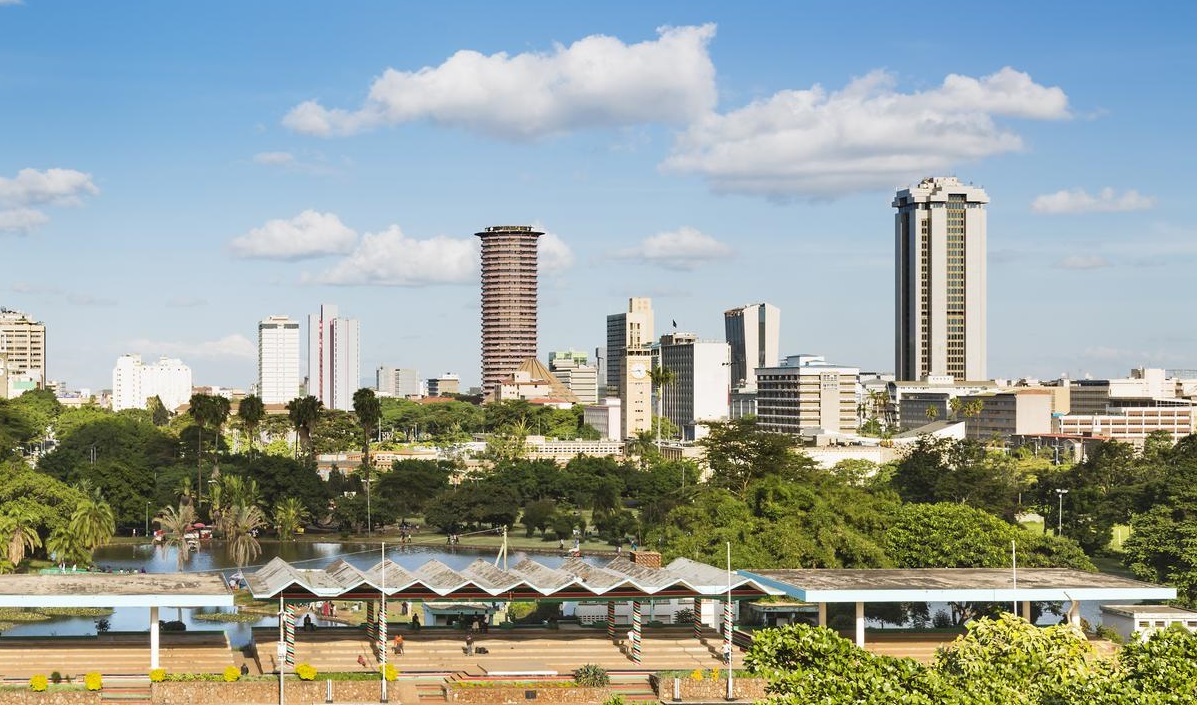Kenya’s central bank quarterly economic review indicates the economy showcased resilience by growing 5.4% in the second quarter of 2023, up from 5.2% in the same period last year.
The bank credits the robust performance to significant expansion in agricultural activities, which grew 7.7%. This was complemented by strong growth in financial services and insurance at 13.5%, accommodation and food services at 12.2%, and information and communication at 6.4%.
A promising development was the narrowing current account deficit to $1.176 billion in the second quarter, down from $1.771 billion last year. This was driven by decreased import bills despite drops in service receipts and remittances. Imports of manufactured goods, machinery and transport equipment saw particular declines. Secondary income inflows grew $148 million to $1.743 billion.
The banking sector remained stable and profitable though liquidity slipped slightly to 49.7% from 49.9%. However, credit risk remains elevated as the ratio of gross non-performing loans to gross loans rose to 14.5% from 14.0%.
Read more: Gachagua says fresh China loan on the cards, rejects overborrowing claims
The Nairobi Securities Exchange saw declines in key indices versus the first quarter, with the NASI and NSE 20 falling 5.1% and 2.9%. Market capitalization decreased 5.1% while equity turnover and total shares traded fell 67.9% and 29.6%.
On inflation, the key indicator eased to 7.9% from 9.1%, driven by declining food prices which saw food inflation fall to 10.2% from 13.2%. Fuel inflation decreased slightly to 13.2% from 13.7% as fuel subsidies were unwound. Non-food non-fuel inflation declined to 4.2% from 4.4% on subdued demand pressures.
In money supply, broad M3 supply surged 7.9% versus 3.0% in the first quarter, attributed to increased corporate and household deposits. The 12-month M3 growth reached 13.4% in June, reflecting the banking system’s increased net foreign assets and resilient private sector credit.
While vulnerabilities remain, the economy has shown remarkable resilience, especially in agriculture, export competitiveness and easing inflation. However optimism is tempered by banking sector risks and capital market contraction.
Email your news TIPS to editor@thesharpdaily.com
















